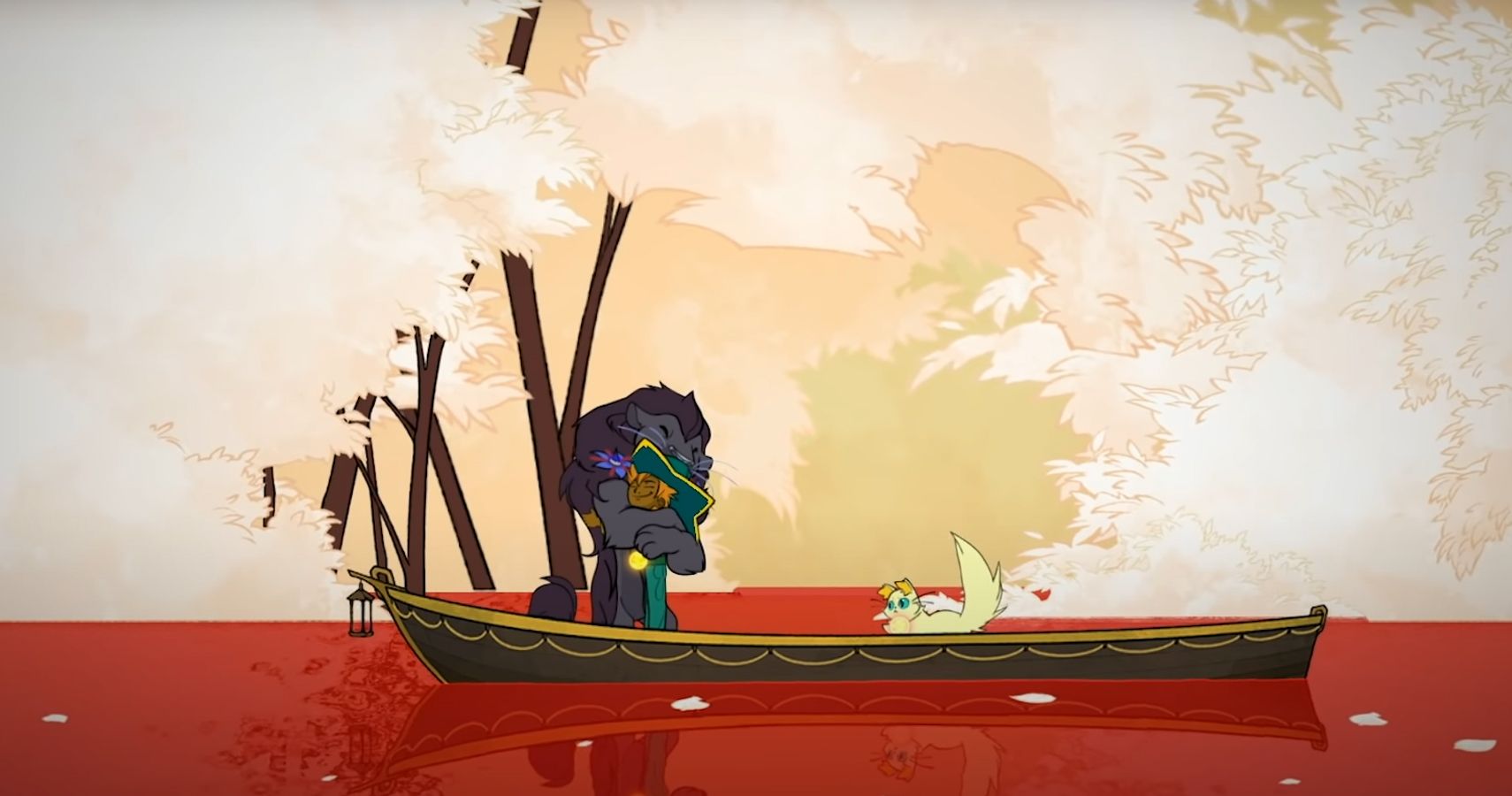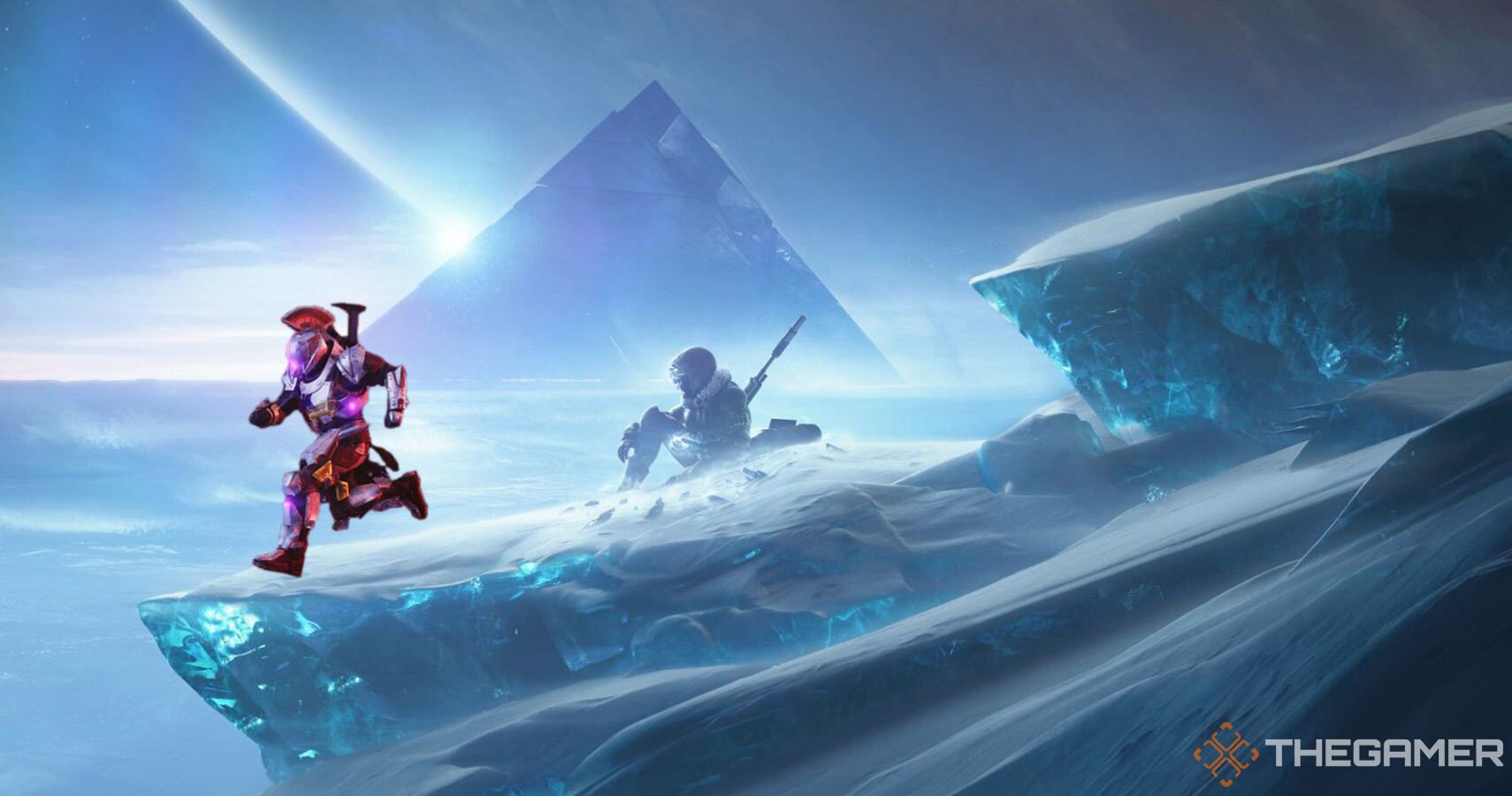E3 is the video game industry’s Super Bowl. The convention only lasts two days in the middle of June, but for a long while it was the biggest event in the video game calendar. Unfortunately, things have gone downhill in the last two years, from the data leak of the 2,000 gaming journalists in attendance to the sudden cancellation of the physical event at the onset of the COVID-19 pandemic last year. Even Nintendo’s former head honcho Reggie Fils-Amie doesn’t find E3 as compelling as it used to be.
Now that the physical event for E3 has been canceled once more due to ongoing COVID-19 restrictions regarding mass gatherings, the ESA wants to move forward with plans to make E3 2021 an all virtual-event. However, the plans have not yet been backed by game publishers. Geoff Keighley stepped away from E3 to focus on Summer Games Fest last year (an very successful event set to return this year), and there’s apparently a six-figure fee that game companies need to pay to join the E3 2021 schedule.
This shows us that E3 is no longer necessary. Most of the major game companies have moved on to produce their own presentations and shows in a controlled environment. If E3 ever wants to redeem itself as the Super Bowl of the video game industry, it needs to shine a bigger spotlight on under-represented indie games and the companies that develop them.
For years, E3 has had a bad track record of allowing indie game companies to share the showroom floor with triple-A game companies like EA, Nintendo, PlayStation, Sega, Square Enix and Ubisoft, to name a few. Since most of those companies are already hosting their own virtual showcases a few times a year if not more, like Nintendo Direct, PlayStation’s State of Play and Ubisoft Forward, the convention can remain relevant by placing more emphasis on smaller indie game companies. These studios often cannot afford to host their own showcases with huge audiences, virtual or physical, to begin with, and and E3 can help elevate their popularity with gamers who would otherwise turn their attention to triple-A games.
Take Thunder Lotus Games, for example. Before Spiritfarer stole the hearts of even the most hardcore triple-A gamers, the Montreal-based indie game developer churned out Jotun and Sundered, games for whom critical acclaim was not enough to attract everyone to those games. After Spiritfarer was revealed on the heels of Cyberpunk 2077 during Microsoft’s press conference at E3 2019, both the game and Thunder Lotus exploded in popularity because of the colorful and whimsical hand-drawn graphics, building mechanics, and the plot of the game involving a ferry master comforting spirits while sailing them to the afterlife was built on a theme that is inevitable to everyone: death and dying.
Another group of indie developers that will most likely benefit from their exposure at E3 are those that create games grounded in the positive representation of marginalized groups of people, be they BIPOC, disabled people, LGBT, or anywhere in between. Some triple-A games are already starting to shine a spotlight on characters from diverse backgrounds, such as Miles Morales and co in Spider-Man: Miles Morales and Ellie in The Last of Us Part 2, but not all of those games give those characters, or the game devs who designed them, the space to tell the whole story about their experiences as BIPOC, LGBT, disabled individuals.
Rocket Adrift would be the perfect candidate for E3 exposure, as they are prepping for the release of dating sim Raptor Boyfriend this year. Set at a high school in the late 1990s and inspired by the teen dramas of that decade, such as Dawson’s Creek, Fresh Prince of Bel-Air and Daria, the game revolves around Stella, a socially anxious teenage girl who goes through her last year of high school trying to navigate her identity and looking for romance with one of three cryptid suitors: Day, a magical fairy haunted by the memories of her ex-girlfriend; Taylor, a musical sasquatch and Stella’s childhood friend who became a troubled teen; and Robert, the titular velociraptor who misses his snowboarding glory days.
Raptor Boyfriend (which is available to wish-list on Steam) borrows elements from Hatoful Boyfriend, as the teenage suitors are non-human, and Dream Daddy, because the protagonist moves to a new town at the start of the game, which is awkward for any teenager trying to finish high school with the friends they’ve grown up with. No matter which character the player chooses to date, the game is sure to attract LGBT players of various backgrounds, whether they are still in high school or twenty- or thirty-somethings reminiscing their teenage years filled with awkward and memorable romances.
Rocket Adrift devs are part of Dames Making Games, a non-profit organization based in Toronto that provides networking opportunities and resources to queer and gender-marginalized game developers, which has been very difficult to do thanks to the COVID-19 pandemic.
E3 focusing on indie games and indie developers should be beneficial for the gaming industry as a whole because it gives them a larger platform to promote their games to a wider audience and gives consumers the opportunities to play games that are created and written from the perspectives of marginalized people. Representation matters, and if E3 can give indie developers a chance to shine with games based on their own experiences of living in a world that was otherwise not built for them and connect with players who can relate to those experiences, only then can the convention regain the respect of gamers.
Next: The Rugged Queerness Of Tell Me Why’s Lake Scene
- TheGamer Originals
- E3
- Indie Games
Cristina Alexander is a writer who can transform her pen into a Keyblade and has been head over heels for Sonic the Hedgehog from the age of 9. Her work was previously seen on Mega Visions (formerly SEGA Nerds), KeenGamer, and Twinfinite. Find her on Twitter @SonicPrincess15.
Source: Read Full Article

